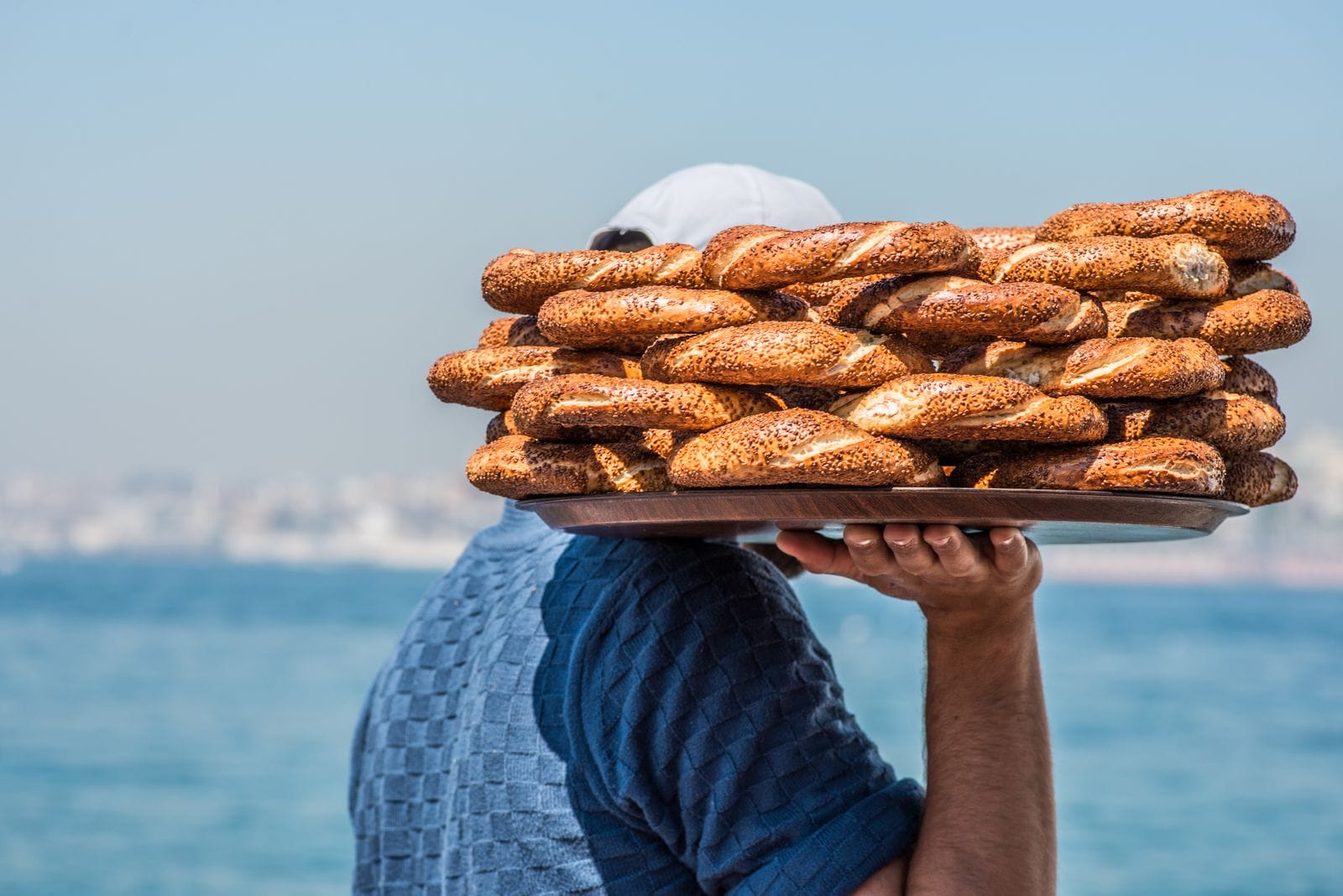The southeastern Turkish city of Gaziantep is famed for its rich gastronomic culture, vast array of historic sites, and bustling bazaars. It was among the cities hit by the disastrous 7.8 earthquake on February 6 that has claimed more than 40,000 lives in Turkey and northern Syria. While Gaziantep fared much better compared to some of its neighbors in the region including Antakya, Kahramanmaraş and Adıyaman, the city was still struck in no small way.
Large sections of its 2000-year-old fortress collapsed, and numerous centuries-old mosques in the historic center were damaged to varying degrees. High-rise apartments in the upmarket part of town were riddled with cracks and rendered uninhabitable. One of the city’s most iconic restaurants, Bayazhan, nearly lost one of its walls. A week after the quake (and just a few days before another struck the region, although this one causing less damage), the city felt oddly empty and desolate, particularly at night. Hundreds of people slept in tents in parks and empty lots in frigid weather, and those with places to stay elsewhere left the city in fear that it was still unsafe.

A number of local restaurants have stepped up to distribute free food during this time, and even small operations are chipping in to do what they can. Adem Uzun has given out food to hundreds of people since the earthquake. He operates a small kebab stand on a street that is also home to a number of bars and nightclubs, which were closed out of respect for the grave situation when we stopped by. We noticed the sign near the skewer-filled counter that indicated those who needed one would be given a free meal.
“Those who are in need aren’t coming, so I call out to them,” Uzun said. Many people, despite being hungry and homeless, are reluctant to accept assistance. Minutes later, a tall, slender man carrying two hulking black trash bags on his shoulders passes by, and Uzun asks if he’d like a dürüm filled with roasted liver. He humbly accepts the offer and takes a seat.
“If you give one person food for free, ten paying customers will come,” Uzun said, demonstrating that genuine generosity can be rewarded. At first he wouldn’t let us pay for our tavuk şiş dürüm and ayran, but we insisted. Working from the evening until late through the night, Uzun lights a cigarette from the coals of his grill and smiles between sips of tea. It is people like him holding the city together during these exceptionally dark times.

While volunteers from all over the world rushed to Turkey to participate in rescue efforts, World Central Kitchen (WCK) quickly got to work establishing kitchens and other facilities in eight of the ten provinces struck by the earthquake. Last week, they set up a kitchen in central Gaziantep under the leadership of the Mexican chef Karla Hoyos, who knows a thing or two about recovering from earthquakes and cooking massive amounts of healthy, tasty food in adverse environments. As we approach the kitchen, the tantalizing smells hit our nostrils from a building away.
The WCK was founded by the Spanish chef José Andrés after the 2010 Haiti earthquake, and the organization travels around the world to feed people following natural disasters and other crises. Hoyos and her team, which includes members of the WCK as well as locals, have been churning out 20,000 meals a day in Gaziantep alone, and have delivered more than 1.5 million meals in Turkey and Syria in less than two weeks.

“As soon as we start feeding, we don’t stop until there is no need,” Hoyos said, adding that when she travels with the organization, she always does so with a one-way ticket, and that the WCK is still feeding people in Ukraine a year after the Russian invasion began. The chef emphasized that their approach toward cooking involves meals that are high in protein and which are comforting, local staples. This is important in a country where even before the earthquake, sky-high inflation and sunken purchasing power has resulted in a large percentage of the population who are unable to afford meat. In the kitchen, there are gigantic silver cauldrons of rice, sautéed chicken, and chickpeas mixed with chunks of beef stewing in a seductive crimson red sauce.
“When we go to a place, it’s not about us and what we think is good, it’s about the people that are suffering and have just lost everything, and having the empathy of, ‘What is comfort food for them?’ And who would know better than the local chefs?” Hoyos said.
Hoyos and the WCK members learn classic Turkish recipes from Gaziantep residents and other chefs that have come from elsewhere in the country to volunteer, and they begin at 5 a.m., working around the clock to ensure that they can deliver such large quantities of food. Hoyos said that the day before we visited, she had learned how to make ezogelin çorbası, one of Turkey’s most beloved soups, which is made with lentils, rice and tomato paste, and usually served with a wedge of lemon, a heap of red pepper flakes and chunks of fresh, crusty bread.

“World Central Kitchen is really founded on the principal that a comforting plate of food, that familiar and homemade feeling like what your grandma would make for you, will give that greater sense of nourishment and care, and we take that so seriously,” said Lisa Abrego, the WCK’s Director of Communications strategy, who was also on the ground in Gaziantep.
Many restaurants in Gaziantep close early, but in the expansive old city, amid the vast array of sandy-colored stone buildings are a number of hole-in-the-wall kebab joints that are open late and plumes of grill smoke surround hungry groups of aid workers and volunteers. Moving closer toward the modern center of the city, we pass by Uzun, who, as expected, is manning the grill and prepared to offer food to anyone he thinks might need it.
The city feels a bit strange, and at night it is somewhat spooky and lonely, with below freezing temperatures keeping those who have homes inside while the less fortunate wander the streets in desperation. While Gaziantep emerged with relatively minimal damage, it will take time to recover, because the emotional and psychological damage has outpaced the physical. A 5.1 magnitude earthquake that erupted on February 18 with an epicenter in the province above was felt here, and buildings swayed for a few long seconds, sparking additional fears. The city is wounded, but we can see that, from a two-man kebab stand to a well-oiled international NGO, people here are working tirelessly and selflessly to help heal those wounds.
Click here to donate to World Central Kitchen
Published on February 22, 2023
Related stories
Meet the man behind the famous pit-roasted lamb on the Old City walk!
March 12, 2024
Istanbul | By Malika Browne
IstanbulRamadan fasters in Istanbul may not love the endless daylight hours in summer nor the susuzluk (no water), but when the reward is a leisurely iftar under the trees on Kadınlar Pazarı, the pedestrianized market known as Little Siirt (named after the southeastern Turkish city where many of the local shop and restaurant owners hail…
February 28, 2024
Food Tours NDQuick Bite: This full-day Istanbul market tour draws from our best-of list in the European side’s Karaköy neighborhood and the Asian Kadıköy, tied together by a Bosphorus crossing, visiting two markets on two continents. Our favorite Istanbul experiences include exploring the eateries in local markets and crossing the Bosphorus on the public ferry. The route for…
February 26, 2024
IstanbulIt's a busy winter weekday in Istanbul, the weather is perfect and the streets around Istanbul University, the Beyazıt Mosque and the iconic Grand Bazaar are buzzing. In the late afternoon, shopkeepers are scrambling to make their last sales while the best restaurants in the area are getting ready to close. Mediocre establishments are open…





















































































